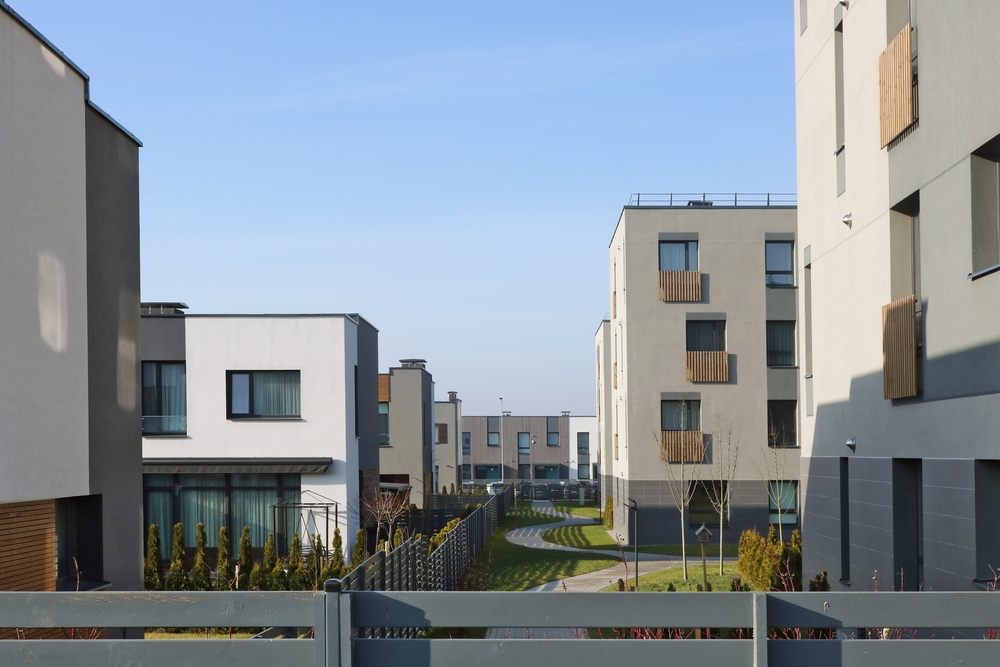Building smarter, not harder through the rise of modular construction
Traditional construction is presented with the opportunity to step back while modular construction takes over

Modular buildings, which are constructed offsite, offer a variety of benefits over traditional site-built construction. According to Modular Building Institute, they are stronger and better constructed due to strict quality control measures and engineering for transportation.
They also reduce site disruption and provide improved safety and security, making them an excellent option for highly active businesses such as those in healthcare or education. Additionally, modular construction companies can work with levels of design and construction sophistication that rival site-built counterparts.
There are two types of modular construction: Permanent Modular Construction (PMC) and Relocatable Buildings (RB). PMC is a sustainable, innovative construction delivery method that utilises offsite, lean manufacturing techniques to prefabricate whole building solutions in deliverable module sections.
Related: Buildings under construction: The impact on the environment and on its workforce
RBs are partially or completely assembled buildings that can be relocated and reused multiple times, making them essential for cases where speed, temporary space, and the ability to relocate are necessary. Modular construction is an efficient and sustainable construction process that offers high quality, innovative, efficient, and cost-effective solutions.
Wilma Sierra Blanca reported that real estate investors are driving the change towards modular construction due to its numerous benefits, including enhanced quality control, improved sustainability, increased efficiency, and reduced construction time. Modular construction allows real estate investors to complete their projects in half the time and at a lower cost than traditional construction methods. Additionally, modular structures are built to exacting standards with precision engineering, ensuring high-quality structures built to last.
Modular construction is also a more sustainable form of building, reducing the carbon footprint of the building and making it more environmentally friendly. The use of prefabricated components reduces the amount of waste generated during the building process. The revolution in the construction industry is being driven by real estate investors, who are investing in their own factories to produce prefabricated sections, improving build quality and sustainability, and complying with increasingly strict building regulations.
The Property Report editors wrote this article. For more information, email: [email protected].
Recommended
6 green real estate projects reshaping Asia’s future
Developers are being incentivised to push a green agenda into daring new realms
ARES White Paper Volume 3: The era of adaptive reinvention
Pioneering sustainable and innovative practices in urban development
ARES White Paper Volume 2: Unravelling the power of data revolution in real estate
Insights on proptech, smart cities, and sustainable development
ARES Digital White Paper Volume 1: The fundamentals of responsible building
Green and climate heroes join forces to discuss how Asia Pacific can weather the current environmental crises and the looming effects of climate change






